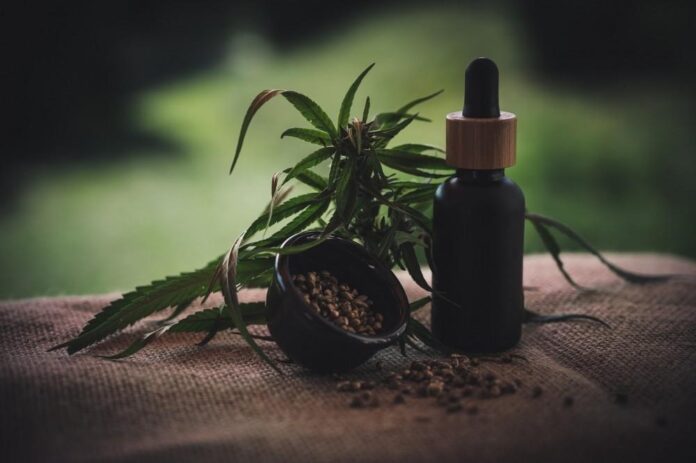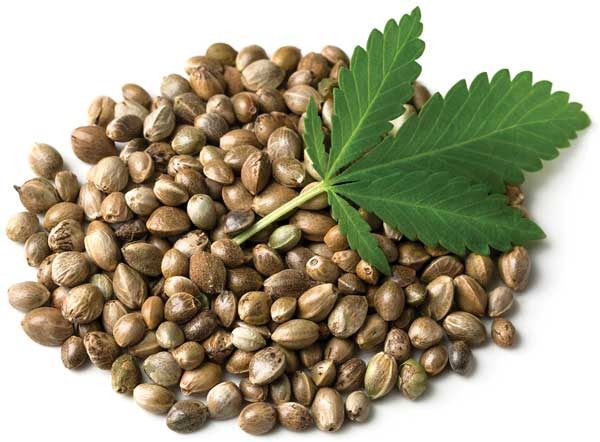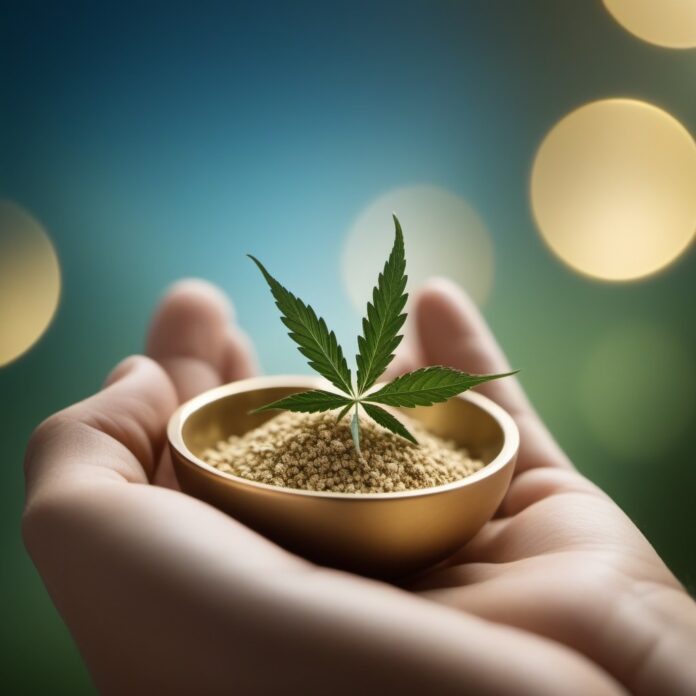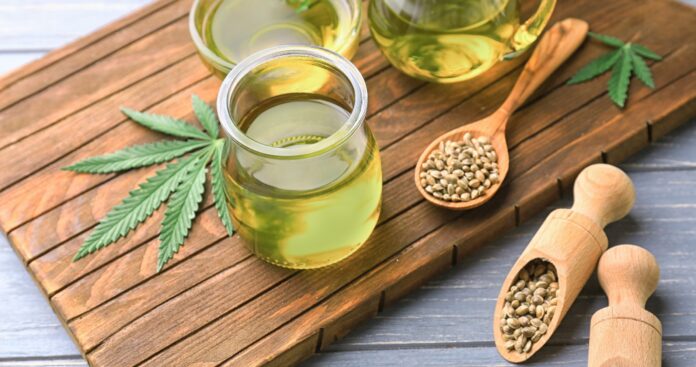The hemp market offers endless opportunities, but the key to success is sourcing from trustworthy distributors who deliver quality every time. With so many options and so much at stake, you need a reliable roadmap. Let’s unpack everything you need to know about finding dependable suppliers and getting the best hemp products for your needs.
Key Points
- Quality always trumps quantity when choosing hemp items.
- Reliable sources are the backbone of trust in this industry.
- Bulk buying often saves money, but only if done smartly.
- Vetting suppliers before committing avoids future headaches.
- A good distributor is worth its weight in gold.
Why Wholesale Hemp Distributors Are Your Best Bet

When sourcing hemp in bulk, distributors with a solid reputation make all the difference. A standout example is the wholesale THCA hemp flower distributor, Zaza Distro. They partner with farms across California, offering premium products like bulk THCA flower and even mushroom chocolates.
Bulk distributors simplify the process by connecting you directly with farm-fresh products. They cut out intermediaries, ensuring better pricing and higher quality. This approach not only saves money but also guarantees transparency—a must when hemp legality and quality are non-negotiable.
The Key Elements of Quality Hemp
Not all hemp is created equal. High-quality hemp products share common traits that make them worth your time and money. Recognizing these characteristics ensures you avoid low-grade options.
- Third-Party Lab Testing: Always look for lab reports verifying cannabinoid content, purity, and safety. Legitimate suppliers provide these upfront.
- Farm Origins: Hemp grown in the U.S., especially in states like California or Colorado, is subject to strict regulations, making it a safer bet.
- Appearance and Aroma: Fresh hemp should have a vibrant color and a strong, aromatic smell. Anything that smells stale or feels dry is a red flag.
- Cannabinoid Levels: Check that the levels of CBD, THC-A, or other cannabinoids match the product’s claims.
Understanding these traits makes it easier to separate top-tier hemp from subpar alternatives.
How to Spot Red Flags When Vetting Suppliers
Some warning signs are too glaring to ignore. Protect your investment by steering clear of these common pitfalls.
- Missing Lab Results: If a supplier avoids sharing lab tests, assume they have something to hide.
- Suspiciously Low Prices: Cheap prices often mean low quality or non-compliance with regulations.
- Vague Details: Avoid suppliers that can’t clearly explain their sourcing practices or product origins.
Trustworthy suppliers will always prioritize transparency, quality assurance, and ethical practices.
Types of Hemp Sources and How They Compare

The hemp industry offers multiple ways to source products, but each comes with unique advantages and drawbacks.
Local Farms
Buying directly from farms ensures you know exactly where your hemp comes from. You can ask farmers about their cultivation practices, cannabinoid content, and overall quality. However, local farms often have limited inventory and can’t meet large-scale needs.
Online Distributors
Online distributors are the go-to choice for many businesses and individuals. They combine convenience with variety, offering everything from THCA flower to edibles. The main drawback is that you can’t inspect the products in person before buying, so checking lab reports is crucial.
Trade Shows
Trade shows are a treasure trove of industry insights. Meeting vendors face-to-face allows for direct communication, sampling, and a deeper understanding of what’s available. The downside? Availability can be limited after the event, requiring follow-ups.
Each option serves different needs. A mix of sources is often the best approach to cover all your bases.
Five Steps to Choose the Best Hemp Supplier
- Research Thoroughly: Start by checking online reviews, testimonials, and industry forums. Look for suppliers with consistent positive feedback.
- Request Samples: Testing products in small quantities before committing to large orders minimizes risk.
- Verify Certifications: USDA or equivalent certifications ensure compliance with industry standards.
- Assess Customer Service: Responsive communication is a sign of a supplier’s professionalism and reliability.
- Evaluate Policies: Flexible return policies indicate a company’s confidence in its offerings.
Following these steps reduces the chances of disappointment.
Why Trust Outweighs Low Prices
Finding a supplier isn’t just about the cheapest deal. A reliable distributor provides consistent quality, legal compliance, and peace of mind.
Imagine ordering in bulk only to find the hemp doesn’t meet legal standards. Now you’re stuck with unusable inventory and financial losses. Paying a little more for a trusted supplier ensures your investment is protected.
The right supplier is like a reliable mechanic—you pay them to avoid future breakdowns.
Questions to Ask a Potential Supplier

The supplier relationship is built on clarity and trust. Before signing any deal, ask these essential questions:
- What are your sourcing practices? Ensure they work directly with farms or reputable producers.
- Can I see your lab reports? Any hesitation here is a major red flag.
- How do you maintain product freshness during shipping? Shipping conditions affect quality.
- What is your return policy? A strong return policy reflects confidence in their products.
Asking the right questions helps avoid nasty surprises later.
Expanding Your Options: Exploring Niche Hemp Markets
The hemp industry is no longer just about CBD. Specialty markets, like THCA flower or unique edibles, are thriving. Diversifying your offerings could open doors to new customer bases.
Unique Opportunities in Niche Markets
- THCA Flower: Known for its potency, it’s in demand among seasoned users.
- Hemp-Based Edibles: Gummies and chocolates are gaining popularity for their convenience and flavor.
- Sustainable Hemp Textiles: A growing segment for eco-conscious consumers.
Staying aware of market trends keeps you ahead of the competition.
Tips for Long-Term Success in the Hemp Industry
Staying in the hemp game requires adaptability and foresight. Building strong relationships with reliable suppliers and staying informed about regulations are crucial.
- Keep an eye on evolving legal frameworks to avoid compliance issues.
- Build relationships with multiple suppliers to diversify your inventory.
- Focus on quality over flashy marketing or low prices.
Success in hemp sourcing comes down to trust and strategic decision-making.
Conclusion
Sourcing high-quality hemp is about more than just finding a supplier. It’s about creating a partnership built on trust, transparency, and shared goals. Whether you’re buying in bulk or exploring niche markets, taking the time to vet suppliers and prioritize quality will save you headaches in the long run.
Start with reliable distributors and follow the steps outlined here to make confident, informed decisions. The hemp market offers endless potential—go ahead and tap into it with confidence.









